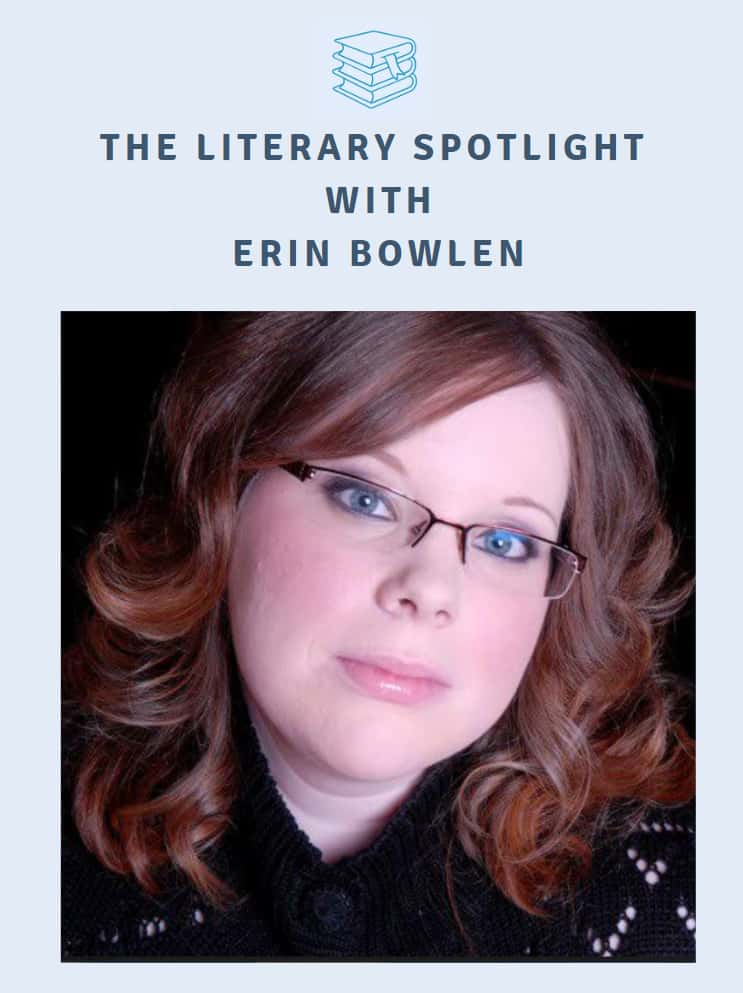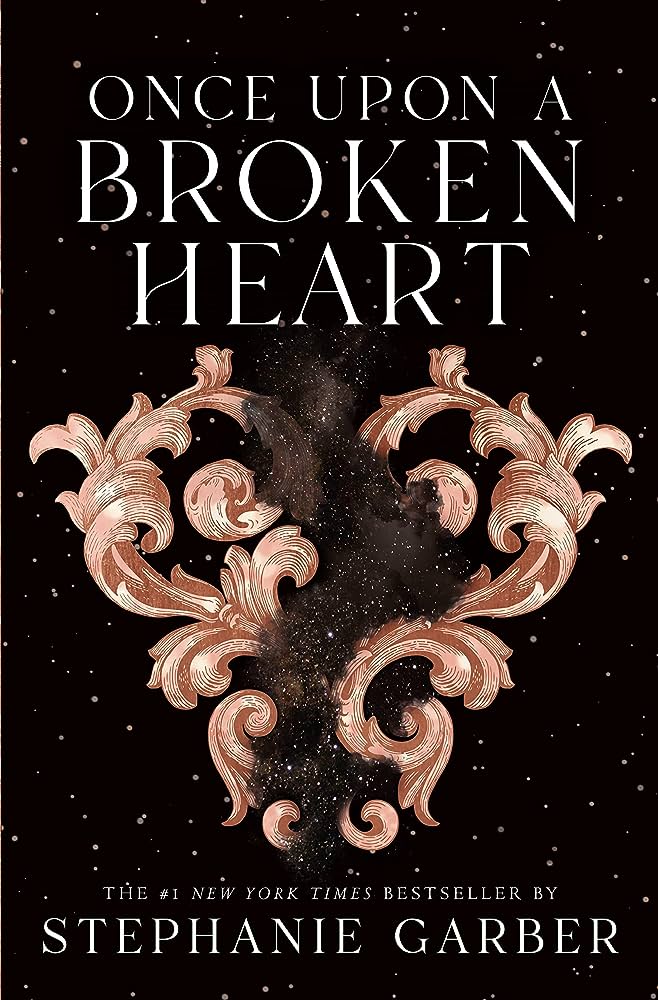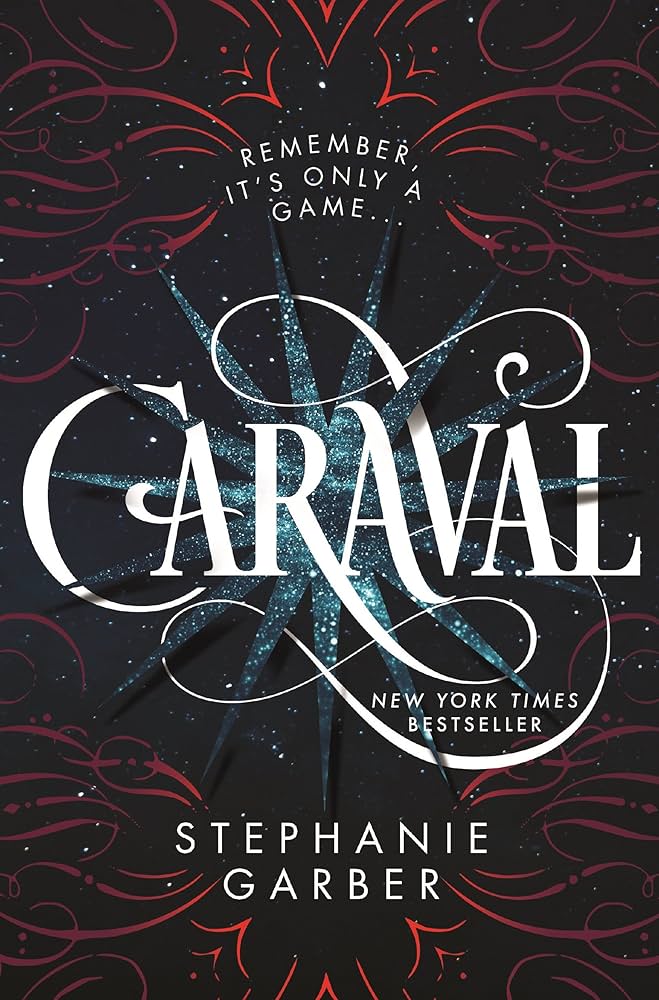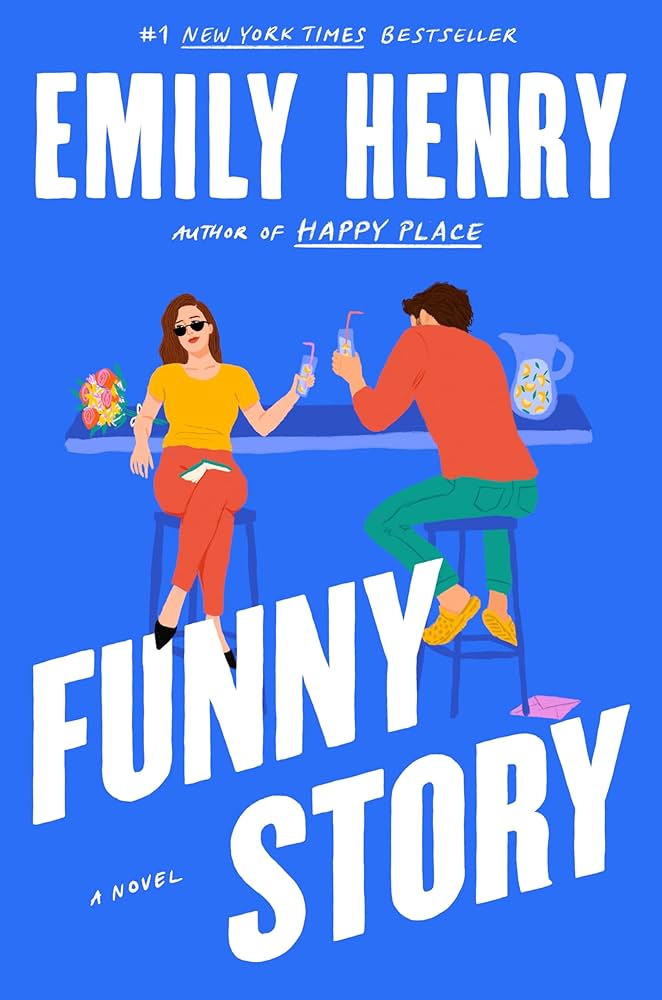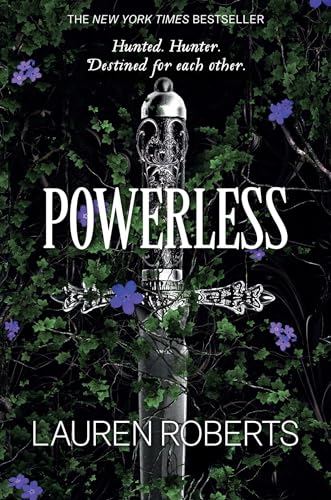Step into the enchanting realm of storytelling as I introduce you to the remarkable author behind the beloved Aoife O’Reilly series – Erin Bowlen. A maestro of words and imagination, Erin’s journey from academia to the world of fiction is as captivating as the stories she weaves. She found herself drawn to the magic of writing, a journey that was nudged forth by the compelling oratory traditions of her father and grandfather. Interestingly, Erin’s path initially led her towards academia, with her pursuits in Linguistics and Classics. Little did she know that these seemingly divergent fields would, in fact, harmoniously lead her towards her ultimate destiny – storytelling. Seeking solace from academic burnout, she embarked on a transformative journey during the National Novel Writing Month (NaNoWriMo) challenge. What transpired was nothing short of extraordinary – not only did she complete the challenge by peing an entire novel, but she also ignited the spark that would set ablaze her debut book, “All That Compels the Heart.” Join me as I unravel the intricacies of Erin’s creative odyssey – from the corridors of academia to the tapestries of her fictional worlds. Discover the inspiration, determination, and passion that breathe life into her characters and narratives, making Erin a luminary in the realm of contemporary literature.
Introduction:
C.A: Could you please introduce yourself and tell us a bit about your writing background? What inspired you to become a writer, and how did your writing journey begin?
Erin: Hello! I’m Erin, best-selling author of the Aoife O’Reilly series. I come from a very artistic family, so I was always encouraged to read books, play music and pursue other artistic ventures, and my love of writing grew very naturally from that. Also, both my father and grandfather were fantastic oral story-tellers, which really helped inspire me to continue the story-telling tradition. At first, however, I started out wanting to pursue a very different career. I started in academia with Linguistics, and eventually went into Classics, specializing in mythology. Although I didn’t realize it at the time, both of these degrees were pushing me towards storytelling because through them I learned how to tell stories from many different cultures in as many languages. I started writing fiction in my mid-twenties when I felt like I was at a bit of a crossroads. I began to experience some serious academic burnout, and a friend suggested I do the National Novel Writing Month (NaNoWriMo) challenge to do some non-academic writing. I thought it was a bit of a stressful idea at the time given that I hadn’t really written much beyond some dabbles with poetry and songwriting in my teens, but at the end of that month, not only had I written the draft of an entire novel, but I’d also come up with the idea that would become my first book, All That Compels the Heart.
Creative Process:
C.A: Could you share a glimpse into your creative process? How do you approach developing ideas and turning them into stories? Do you have any specific rituals or habits that help you get into the writing zone?
Erin: I like to describe myself as being a muse-driven writer; I don’t really force myself to write every day unless I feel inspired to do so because I find that if I’ve forced myself to write a scene, I almost always end up cutting it from the final draft because it feels forced to the reader. So, I don’t really hold to any set rituals or schedule when it comes to writing (much to the chagrin of my readers who always want to know when the next book is coming out). The closest thing to a writing ritual I have is that I almost always have to have music playing in the background while I’m writing. Music is a big part of my writing process. I’ve been playing instruments since I was a child, so it’s been a part of my life for a very long time. One thing I love to do while I’m writing is build playlists to go with each novel, and then release them when the novel is published. It’s a fun “behind-the-scenes” glimpse into my writing process for my readers.
Writing Influences:
C.A: Who are some of your favorite authors or literary influences, and how have they shaped your own writing style? Are there any books or works that have had a profound impact on your writing career?
Erin: Gosh, I’ve had a lot of literary influences over the years. I love research, so I really enjoy reading a wide range of genres and learning from other authors’ styles. Maeve Binchy, Diana Gabaldon, Charles Dickens, and J.R.R. Tolkien were early influences for me. I tend to be drawn to descriptive writers, ones who rock that slow build and take their time immersing their readers in the world they’ve created. I’ve also recently acquired new favourite authors like Jojo Moyes and Tracy Deo (I’m totally hooked on Deo’s Legendborn series). I could talk all day about writing influences because this is one of the areas of writing that I love, and I’m always curious to hear other authors talk about their own influences, but I’ll stop here because otherwise, I’ll talk your ear off.
Overcoming Challenges:
C.A: What challenges have you faced as a writer, and how did you overcome them? How do you handle writer’s block or periods of self-doubt?
Erin: When I hit a period of writer’s block, I often step away for a little while to give myself a break
and some perspective on the story I’m trying to tell. For me, writer’s block can set in because I’m stressed or burned out, but a lot of times it’s also because I haven’t done enough research. This could mean doing more research on understanding my character and their motivations, or it might mean having to do more research on the setting or time period. I find that if you try to push yourself through writer’s block, that’s when the imposter syndrome can set in, so I think it’s important for other writers to remember that it’s ok to take a step back from writing for a short while until your muse comes back to you.
Character Development:
C.A: How do you approach developing compelling and relatable characters in your stories? Are there any strategies or exercises you use to ensure your characters feel authentic and three-dimensional?
Erin: I try to ground my readers in the setting, make them feel like they are standing shoulder-to- shoulder with the characters so they are feeling, seeing, hearing, and touching all the same things the characters are. Engaging all of the reader’s senses is an important part of doing that. I think this really helps to make the characters relatable because if you feel like you are in their environment with them, you get a strong sense of who they are and why they do the things they do.
Creative Inspiration:
C.A: Where do you find inspiration for your stories? Are there any specific themes or topics you enjoy exploring in your writing?
Erin: For me, inspiration can come from anywhere. It could be a snippet of a conversation I’ve heard,
or a painting, or a song; I never really know where and when it’s going to come to me. As I mentioned earlier, music is a big part of my process, so a lot of times I do find inspiration from music and the emotions a certain song evokes. When it comes to themes, for the moment I’m really interested in exploring women’s fiction and the experiences of women and our stories. When I was growing up, the publishing industry was dominated by male writers and I always found it a bit jarring when male writers would write for female characters and try to describe their experiences. I think this is why I ended up being drawn to writers like Maeve Binchy, Diana Gabaldon, and Barbara Taylor Bradford, because they were writing female characters from a female experience, and showed women in all different lights.
I also like exploring modern stories in my home province. A lot of the literature I grew up on that was set in the Maritimes was usually historical fiction. Don’t get me wrong; historical fiction is my favourite genre to read, but it was also difficult to find contemporary characters or stories that reflected the way the Maritimes are now. So, I’m really interested in setting more of my own contemporary fiction stories in this region.
Personal Reflection:
C.A: Is there a particular book or project you are most proud of? Could you share the story behind it? What is the most rewarding aspect of being a writer for you?
Erin: I’m really proud of all my novels, so it’s difficult to pick just one, but I’m inordinately proud of my first novel because it’s the one that made me realize that I wanted to be a full-time writer. I’m also really proud of my Christmas standalone novel, Yours for the Holiday, because it’s set in my hometown and fits into my goal of telling more contemporary Maritime stories. This one came about because a friend had dared me to write a romance novel. Up to that point, I had been writing women’s fiction (which I’d read a lot of), but I hadn’t really read much in the romance genre, so I viewed this as a way to really expand my creativity, and quickly learned that writing a romance novel is not as easy as it sounds (seriously, kudos to all the romance writers out there!). When I was thinking about where to set it, my mind went to all the usual Hallmark-style movies that are usually set in places around New England. But then I thought about how my home province is just a bit further north of that area and is absolutely stuing in winter, so why not set it in my hometown? That’s when I knew that I wanted to write more stories set in this region.
I think the most rewarding aspect of being a writer is getting to interact with your readers. I love it when I hear from readers about how they coected with one of my novels, or how they see themselves (or someone they know) reflected in one of my characters. I think a lot of readers are shy to reach out to their favourite authors, but I’d just like to put it out there to readers that we really love hearing from you. Even if we don’t always get back to every reader with a personal message, it doesn’t mean we haven’t seen the nice things you’ve said to us, and we really appreciate you.
Editing and Revision:
C.A: How important do you think the editing and revision process is for a writer? Could you share your approach to editing your own work? Do you have any suggestions for writers on how to improve their editing skills?
Erin: Editing is a very important part of the writing process. I normally go through several rounds of edits before my novel even reaches an editor, so I spend a lot of time with them during this phase. There’s lots of conflicting advice out there when it comes to editing. Some authors will tell you to kill your darlings, get rid of adverbs, ditch dialogue tags, etc. As soon as someone says to me “You need to…” or “You should…” I usually stop listening, because I think that there are very few “you shoulds” and “you need to dos” in this industry. Readers are varied in their tastes and what works for one isn’t going to work for another. I like to encourage other writers to go with their gut on what they keep and what they don’t.
Publishing and Marketing:
C.A: What has been your experience with the publishing industry? Any advice for aspiring authors on finding agents or publishers? How do you navigate the world of book marketing and promotion? Any tips for authors looking to build their audience?
Erin: Maybe it’s just the academic in me, but I think it’s really important to do your research when it comes to working with a literary agent and/or publishing house. You want to know before you sign any contracts that not only are you the right fit for them, but also that they’re a good fit for you (surprisingly few authors focus on the second one). Sometimes working with one of the big publishing houses is your dream, but maybe they’re not the right fit for your book, and going with a small press or self-publishing might be the better fit. It’s ok to take your time and be
picky about finding the right fit for you and your book. If you ask a writer what their least favourite part about writing is, there’s a good chance that they’ll say “marketing.” I am no exception to that, but I do think it is essential to at least have basic marketing skills as a writer. There are plenty of resources out there on how to build one’s audience, so I’d say to just dive into some of the books out there on whichever marketing aspect you’re trying to strengthen. But for what it’s worth, these are the general principles that have helped me:
1. Set a budget and stick to it. If you’re using an advertising platform, they will spend your money, so get familiar with your budget. Make changes only when you can realistically afford to do so.
2. Know your audience. Find out their age group and geographic location. Find out which social media platforms they hang out on and focus on those spaces. But, at the same time, you need to know which spaces you’re comfortable using. It’s no use being on a certain social media site or writing a bi-weekly newsletter if you don’t like interacting with those platforms. If your readers’ favourite platform doesn’t work for you, find their next favourite until you find one that works for the both of you.
3. Social media is necessary as a writer for visibility, but it’s important to remember that likes and followers don’t translate into sales, so don’t get caught up in trying to chase them. Let readers enjoy your content for what it is, and let it supplement your other advertising, rather than letting it be your sole method of advertising.
Advice for Budding Writers:
C.A: What advice would you give to aspiring authors who are just starting their writing journey? How do you handle rejection and criticism in the publishing world?
Erin: My advice to new authors would be to always do your research. This applies to all aspects of this industry: finding an agent, finding your character’s motivations, getting to know your readers; all of this requires research. I’d also advise new writers to not be afraid to fail. Failure teaches us resolve, patience, and forgiveness, all of which you’re going to need for a career as a
writer. My last piece of advice I’d give new writers is to know that you can say no. You can tell an editor that you’re not cutting a scene, or you’re not making a change that a beta reader/reviewer wants you to make. Writing is a solo endeavour but publishing is a collaborative effort. The others you’re collaborating with are making suggestions based on the premise that this is what they would do if they’d thought of your story. But in the end, it’s your story – not theirs – and you know it best.
When it comes to rejection, there’s no one-size-fits-all approach for how to deal with it. Every author is different and is going to take criticism of their hard work in a different way. I think it’s important to take time to sit with rejection and to process it; I normally give myself a very short amount of time to wallow after receiving a rejection or a bad review, but then I move on. I try to take it in my stride and decide if the criticism is something that is a valid issue that needs to be corrected, or if it’s someone’s subjective feelings based on the emotional reaction they had that day.
Favorite Quote:
C.A: What’s your favorite quote that keeps you going in life?
Erin: “Most of the important things in the world have been accomplished by people who have kept
on trying when there seemed to be no hope at all.” – Dale Carnegie
Future Projects:
C.A: Could you give us a sneak peek into any upcoming projects or books you’re currently working on? Is there anything else you would like to share with our readers and aspiring writers?
Erin: I’m very excited to be working on a new historical fiction series at the moment that will be using my degrees in Classics and my knowledge of mythology, which is a very different direction than what I’ve previously published. I’m also working on a spin-off to the Aoife O’Reilly series that will focus on one of the supporting characters and their background. Lastly, I’ll also be publishing another standalone in the main Aoife O’Reilly series that will focus on two fan favourites, Mara and Coor, and the evolution of their love story that will be set in the time between All That Compels the Heart and Where I’m Home.
